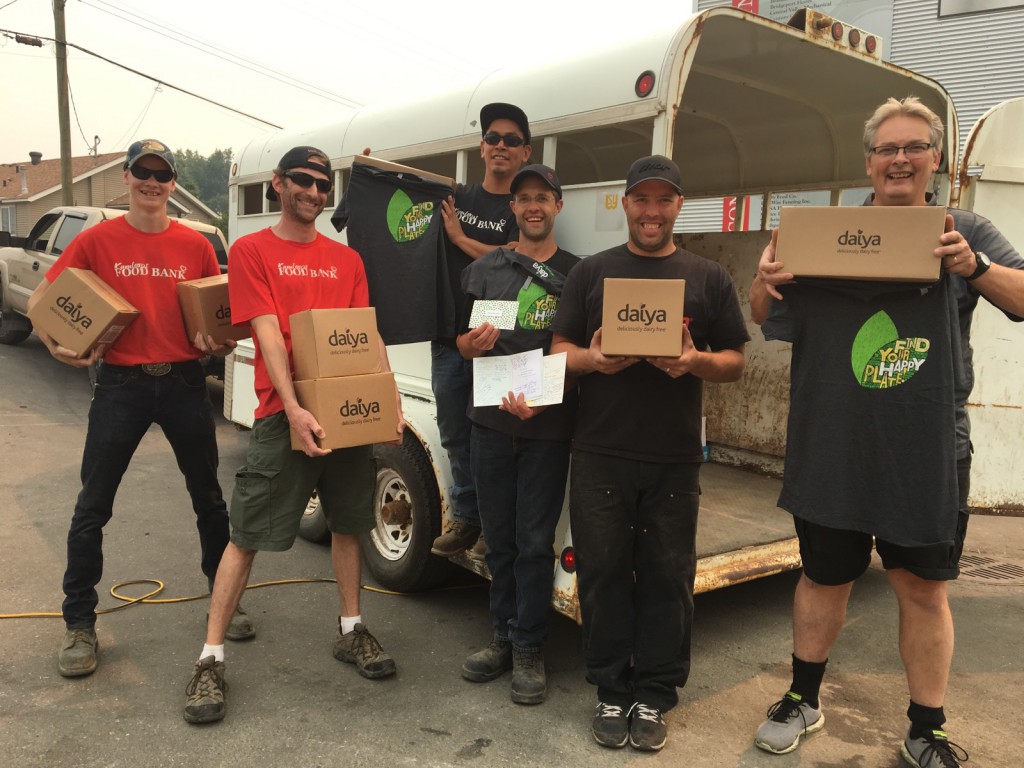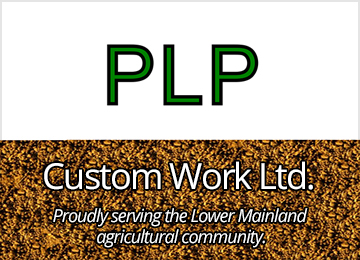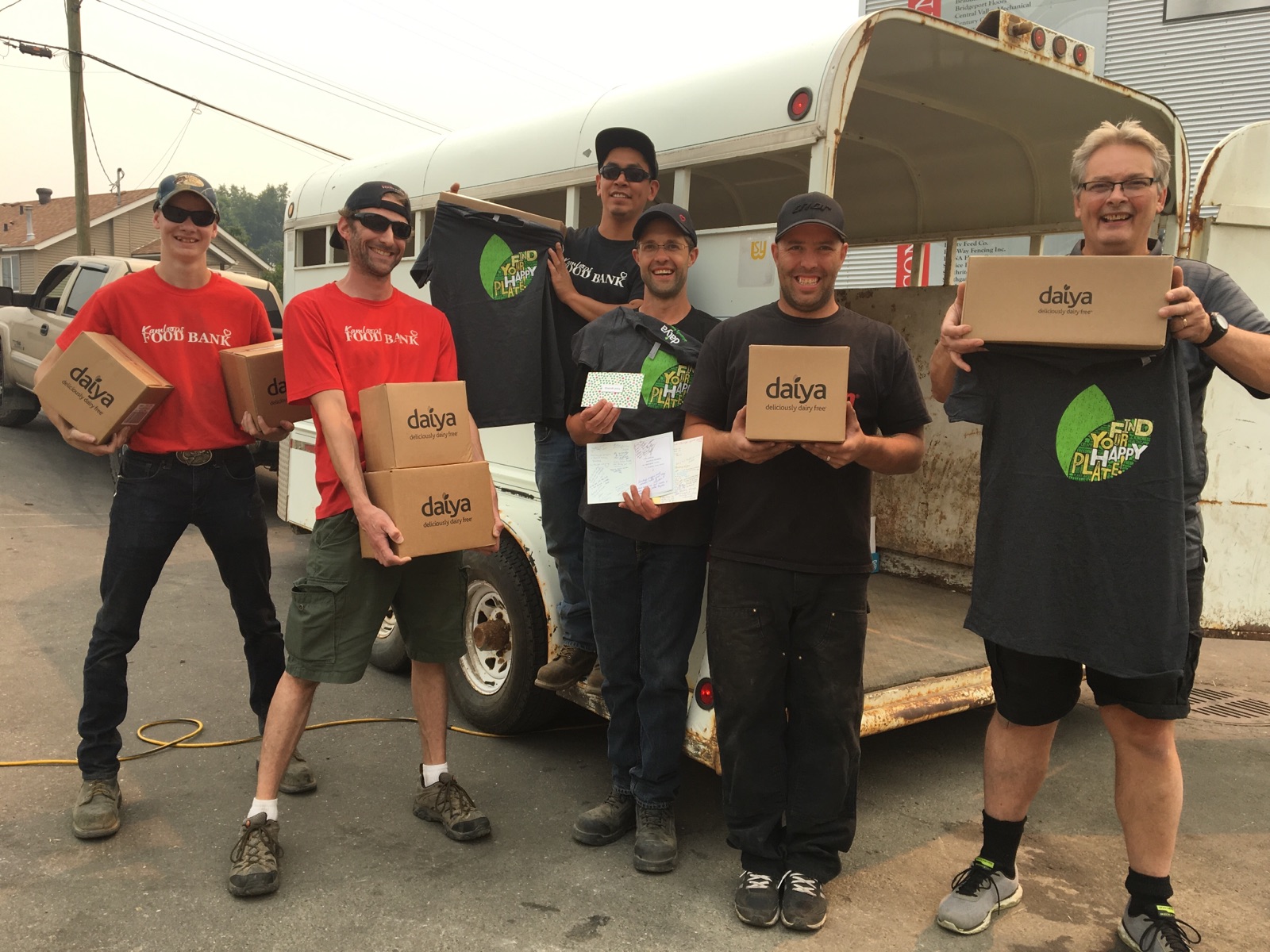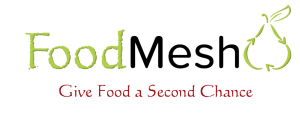Cate Pedersen
FoodMesh co-founder, Jessica Pautsch Regan, has spent much of her career consulting in areas of community economic development and sustainability. It seems natural that she and her partner chose to launch the FoodMesh business-to-business marketplace, which took inspiration from her agriculture background and education in the social sciences.
Jessica grew up on a farm in Ontario, and studied there; but she completed her grad work in Vancouver, focusing on sustainable business and economic development.
“Agriculture and food has always been a part of who I am,” she explained, “and so my first initiative out of school was starting a non-profit tourism company called EcoTrek that connected students to farm initiatives to learn about food security and waste management in agriculture. So, we partnered with municipalities and used tourism in a fun way to educate.”
Over a span of five years this social enterprise organized around 200 tours, but is no longer in operation. EcoTrek completed its mandate, which served as a foundation for future work in advancing the development of other social enterprises in Canada and Kenya.
One day, a composter friend sent Jessica a photo of peppers rejected by retail as they were too ripe. It turned out the peppers had stickers on them, so he had to reject them too—stickers do not compose at the same rate as the food and gum up the composter.
“It was one of those things you kind of wish you’d never learned. It bothered me quite a bit,” she mused.
Over time, the irritant became an obsession as she mulled over the scale of the food waste, and researched the volume of food lost along the supply chain. The most startling discovery was not just that one third of food produced is wasted, but half of that wastage happens even before it reaches consumers.
“Household food waste is just the tip of the iceberg,” Jessica said, using the iceberg representation for the food waste model, “when there are container loads of food rejected at port.”
“And there is also massive volume of waste upstream at the agricultural, distribution and manufacturing levels,” she expounded. “Even seafood—up to 50% of food harvested is never consumed.”
One food waste example Jessica shared was of a company that received a container full of coconut water, but the weight was mislabeled so the entire container load could not go to stores and was destined to be destroyed.
Another example was a local farmer with two container loads of organic beets. Their buyer fell through and there sat a surplus of about $40,000 worth of produce going to waste.
These lost connections are seen as opportunities by the FoodMesh team.
“Many producers and manufacturers don’t have a Plan B for surplus food. It’s cheaper and easier to just discard it and build it into the price than it is to try and find a new home for it.”
FoodMesh provides that safety net to make it possible to redistribute food, making sure that food doesn’t end up in our waystreams. “Waste Less, Feed More”, is the company mantra, and at its roots FoodMesh simplifies local food distribution channels by meshing supply and demand.
“What we’ve learned through our research is we don’t have a food shortage problem, we have a connection and distribution problem,” Jessica posited. “What we’re building is an online network to connect businesses to buyers and charities in a safe, convenient and credible way.”
FoodMesh currently serves 300 businesses, including about 2 dozen farms, and they’d like to build on that.
When explaining the reasons why businesses should register on the FoodMesh website, Jessica doesn’t believe it takes much convincing.
“Everyone loses when food goes to waste, so if they can sell it at cost or donate it, it’s a win-win!”

Depending on the department, the benefits of utilizing FoodMesh’s services differ, she further explained. “The finance person cares about money; operations want to know that it’s simple to do without adding extra steps; the CEO wants to know about safety, credibility and brand protection; and the marketing person wants to know how they can leverage this and promote their sustainability.”
“Before you discard, you can redirect and save money, find new buyers, connect to charities, and you are in total control of who sees your listings, and who buys it. It’s a verified network, and it’s not open to the public.”
A major challenge is de-bunking misconceptions around food safety. Just because food is short-dated does not mean it’s expired.
“Best-before dates are not about edibility. If you donate things, you are protected with legislation. We probably spend a third of our time on outreach and education around expiration and best-before dates,” said Jessica.
Their biggest hurdle at the moment is finding buyers that are agile and able to take the product. When posting a product, businesses specify whether the product is to be picked up or delivered, and there might be a fee involved.
“We are essentially an escrow—we take the funds from the buyer and hold it until the food is delivered. The buyers like that as they don’t have to set up terms with one-off buyers—we vet them,” Jessica said.
“Even though we are a business, it’s about solving a problem first and foremost, and that starts with education. We’ve done webinars, focus groups, community meetings—wherever we can get the word out. We are going to any events we are invited to,” she laughed.
FoodMesh recently partnered with the Fraser Valley Regional District (FVRD) to create an active community of local farmers, businesses and charities to exchange on the market place and create a Fraser Valley food network.
Considering different ways to dispose of excess food might be outside the usual farm routine, but it’s about caring enough to go that extra mile. When farmers do have product going to waste, they can post it.
“It’s almost like Craigslist,” Jessica described. “You can also get tax credits and we can help track that. The biggest thing is getting your product online, and we have representatives to help you take the first step.”
FoodMesh welcomes all sizes and types of farm operations, from artisanal to large farms, from egg farmers to dairy farmers and everything in between.
“What we try to do is match big with big and small with small.”
FoodMesh also works with college and university students. “We get help from a lot of organizations because it’s solving a lot of problems. Many entities are excited to be a part of it.”
As a student herself, Jessica felt that all of her research would never be applied, and now believes in providing students from places like Douglas College and UBC opportunities to work on projects that will have ongoing impact. Douglas College worked on communication packages for FoodMesh and UBC is studying the waste stream system with them.
Jessica and the team at FoodMesh have big dreams for food distribution and management.
“We are hoping our model can be applied globally and that we can work with larger distributors. We are working very much at the micro-level, but want to work at the global level too and help make food distribution more efficient. But, we have to prove it in our own backyard first.”
“One in eight families in BC is food insecure, and we are throwing food out, and we want to improve that. It just takes network builders wanting to take on this model and make it work in their own community.”
“This is more than just a job—it’s something I’m passionate about. It’s part of my life and very rewarding, but there’s a lot of work still to do!”













